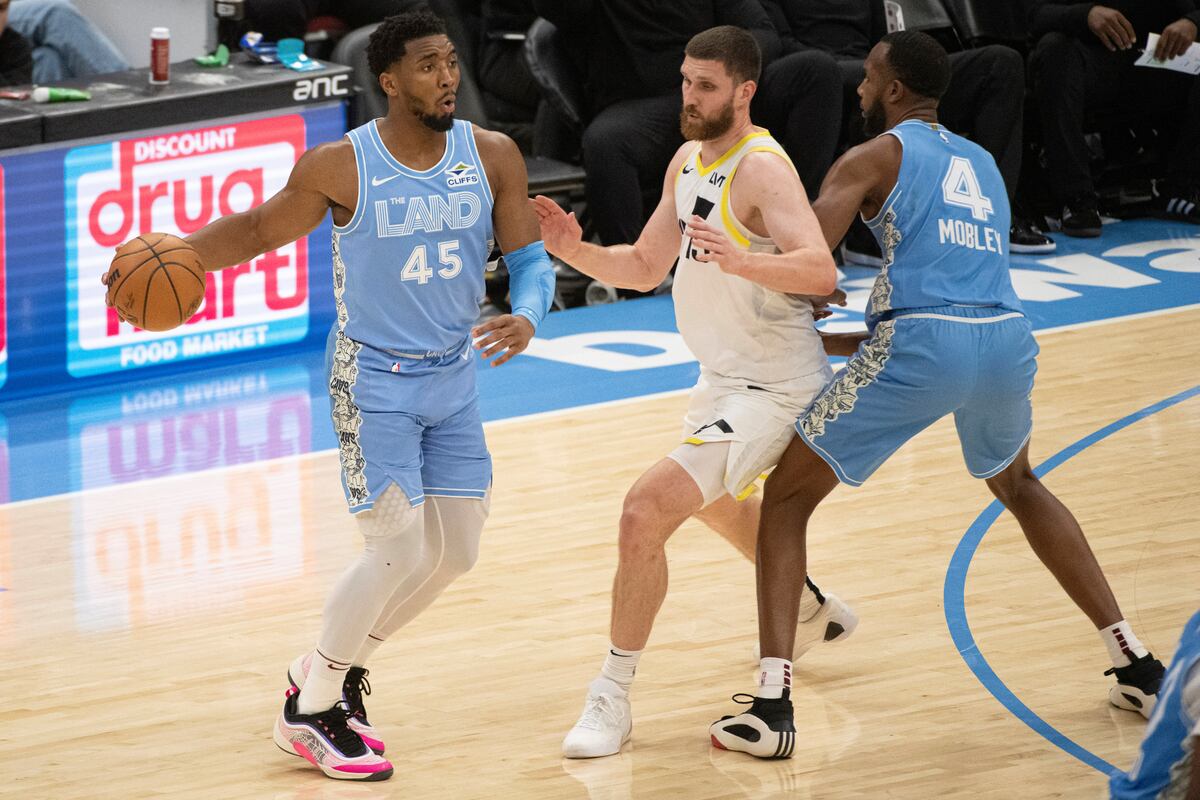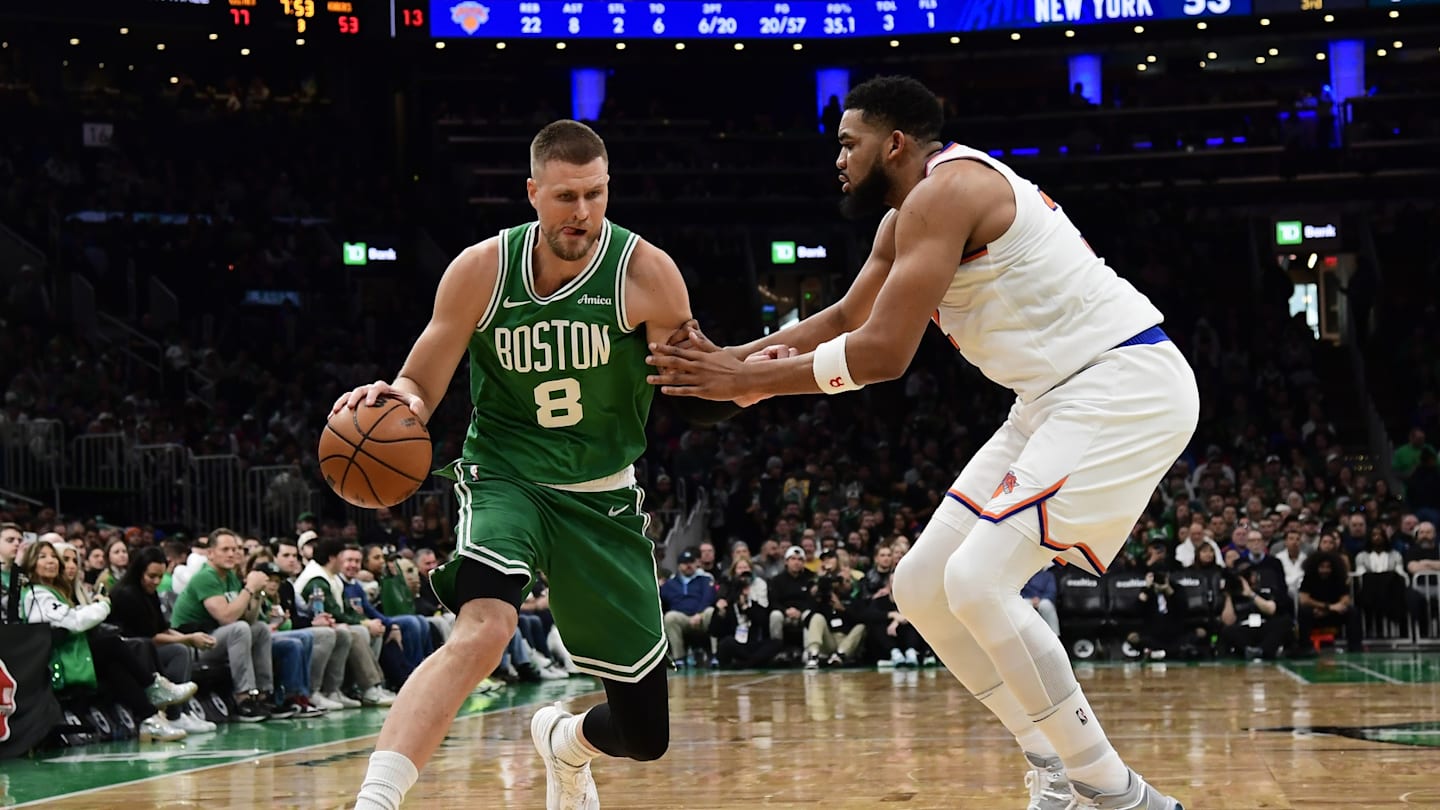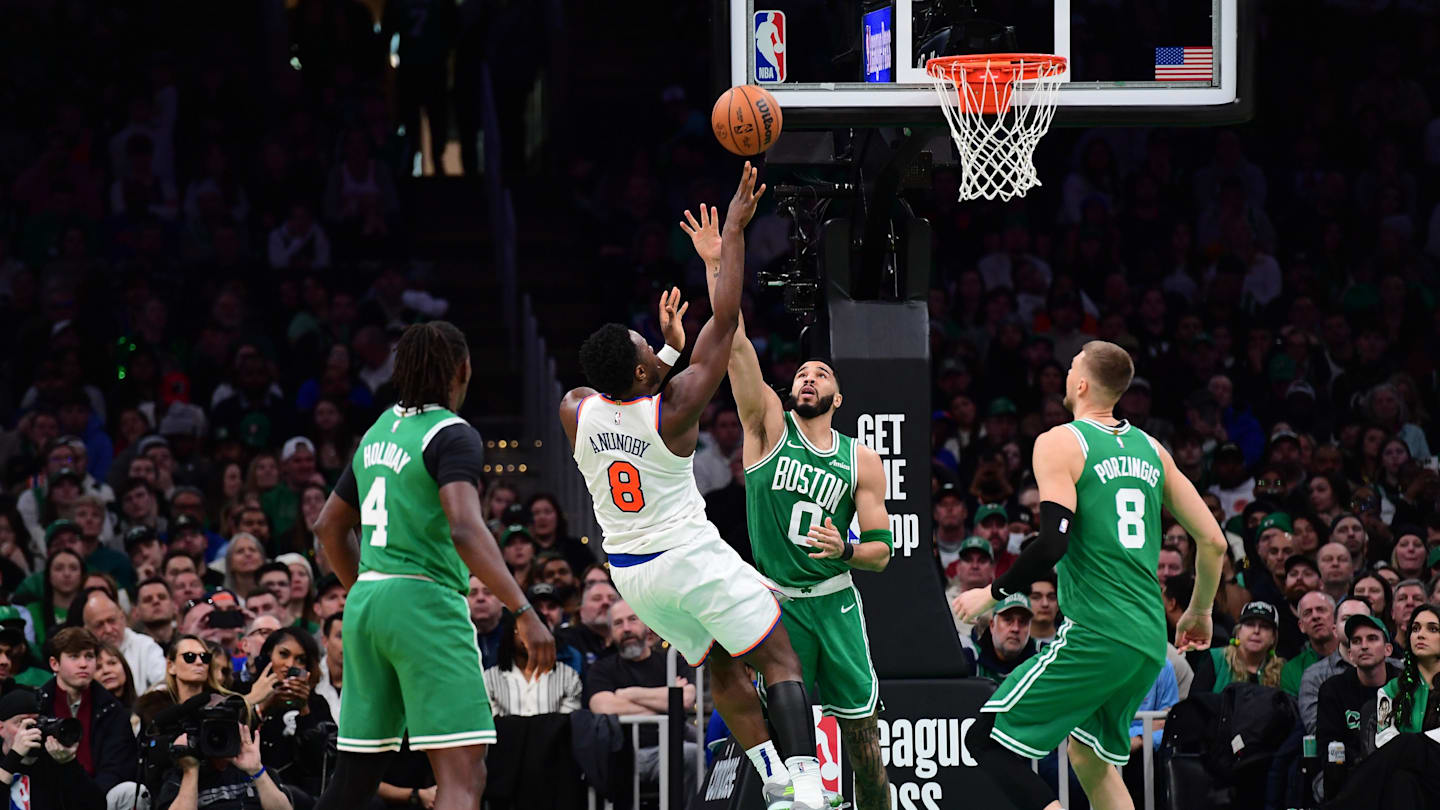Three thoughts on the Utah Jazz’s 124-113 loss to the Cleveland Cavaliers from Salt Lake Tribune Jazz beat writer Andy Larsen.
1. Jazz against the NBA’s best offense
Tonight’s game featured the worst defense in the NBA against the best offense in the NBA.
Guess what happened? The Jazz allowed 124 points, an 124 offensive rating, and lost as a result. If anything, the surprise was that the Jazz’s offense kept pace for as long as they did — in a fourth-quarter run, there were stretches where they went toe-to-toe with the Eastern Conference-leading Cavs.
The defense, though, faltered. In moments big and small, the focus just didn’t match what the game needed.
We’ve lauded Collin Sexton’s competitive spirit before. But, my goodness, these are junior high mistakes.
And Svi Mykhailiuk, this is too easy of a three to allow.
Even beyond those plays though, I’m sometimes disappointed by the Jazz’s lack of willingness to fight to make a defensive play. Like, this is absolutely an All-Star move from Donovan Mitchell… but i wish Jordan Clarkson were fighting for his spot a bit more.
Now, in the whole scheme of things, I continue to believe it is good for the Jazz to lose games this season. But if this is the level of defense that the veterans are going to play, you might as well play the kids. I know, I’m a broken record on this issue.
2. Good and bad from Walker Kessler
The Jazz did have one statistical advantage on the Cavs, though: offensive rebounding. Despite their usual huge discrepancy in turnovers (17-9 against), the Jazz actually outshot the Cavs 92-91, thanks to dominating the boards.
The biggest reason? Walker Kessler. Kessler gets a ton of plaudits for his rim protection, and rightfully so, as he’s one of the best shotblockers in the league. Indeed, he’s second in the NBA in block percentage:
But he’s also the third-best offensive rebounder in the NBA:
He had eight tonight, all through the first three quarters. Getting eight extra offensive possessions is a huge deal, and helped the Jazz keep pace with the Cavs for much of this game.
Now, the bad: he went just 1-6 from the free-throw line, including five consecutive misses in the fourth quarter that would have made the Cavs feel significantly more heat. He’s down to 53.6% from the stripe this season, now below his 55% career average.
I love the idea of Kessler being an offensive threat from places outside of an arms’ reach of the rim — it would legitimately open up the Jazz’s offense in a big way. And remember, he hit two consecutive threes just last week.
But it’s hard to seriously buy the idea of him being a versatile offensive center so long as he shows such limited touch on the easiest shots in basketball. Hopefully, that changes.
3. Donovan Mitchell’s changing game
The Cleveland Cavaliers are the NBA’s best team so far this year, having won 15 games in a row to start the year and retaining an 26-4 record. Donovan Mitchell is clearly their best player, and has understandably gotten a lot of plaudits for that success. He deserves them.
But I also think it’s interesting how the Cavs are doing it: through terrific team play. Darius Garland, Jarrett Allen, Evan Mobley, Isaac Okoro, and Caris LeVert surround Donovan Mitchell; Max Strus is just coming back, Georges Niang and Dean Wade have been big, too.
The team construct means that, for the most part, Mitchell’s counting stats are actually down from his Cleveland or Utah highs.
We saw that tonight, too. Mitchell scored 22 points, took 15 shots, had seven assists. He certainly wasn’t invisible — but he was part of an overall team construct that pushed the Cavs to a win.
That’s a good thing, because as good of a scorer Mitchell is, his teams’ offenses are best when the threat of his offense is used to set up other players. Mitchell actually ranks 10th on the Cavs in true shooting percentage:
And again, that was true tonight: Merrill, Mobley, and Garland led the Cavs in efficiency.
So two questions:
First, will Mitchell continue to keep his usage around the 30% mark in the playoffs? Mitchell has typically upped that to 34-38% in the playoffs, to some absolutely incredible results (the Denver series, for one) and to some really iffy results (against Houston, New York). I continue to believe that a team approach will ultimately push his teams farther than the one-on-one ball.
Second, and more importantly for us: what made him more comfortable deferring in Cleveland than in Utah?
It’s relatively clear and obvious he has a better relationship with his bigs in Cleveland than he did in Utah; the relationship with Rudy Gobert in Utah was famously strained and his relationship with Mobley and Allen has been much more positive. Perhaps it’s that.
It also could simply be maturity: Mitchell’s staked his claim in the NBA, everyone knows how good he is now, and he no longer has to prove he’s the man as he did in Utah.
I think about this stuff a lot — after all, for five years of our basketball-watching lives in Utah, Mitchell was the major figure. Why his era didn’t work out to more success is worth considering as the Jazz try to reach those levels (but higher) in the years to come.
Editor’s note • This story is available to Salt Lake Tribune subscribers only. Thank you for supporting local journalism.












